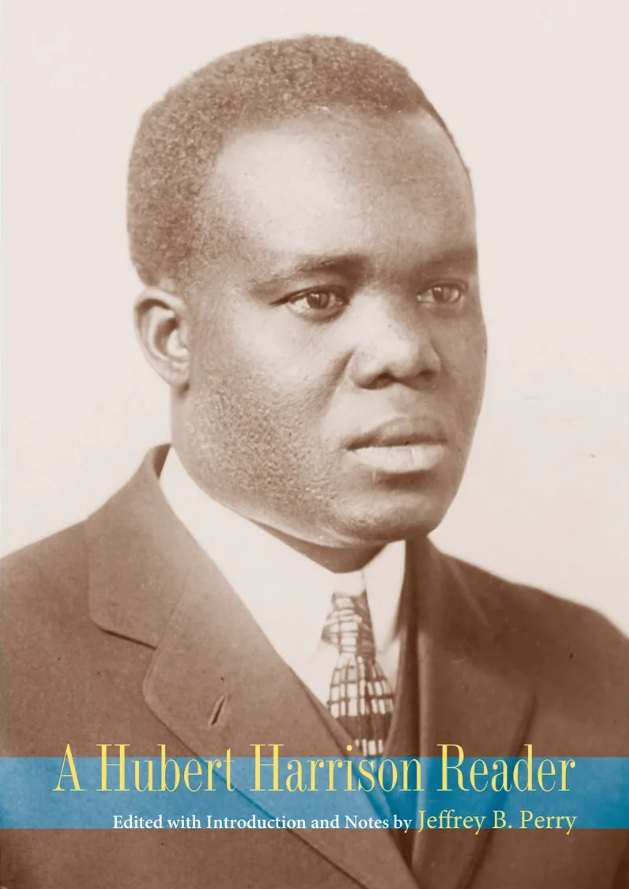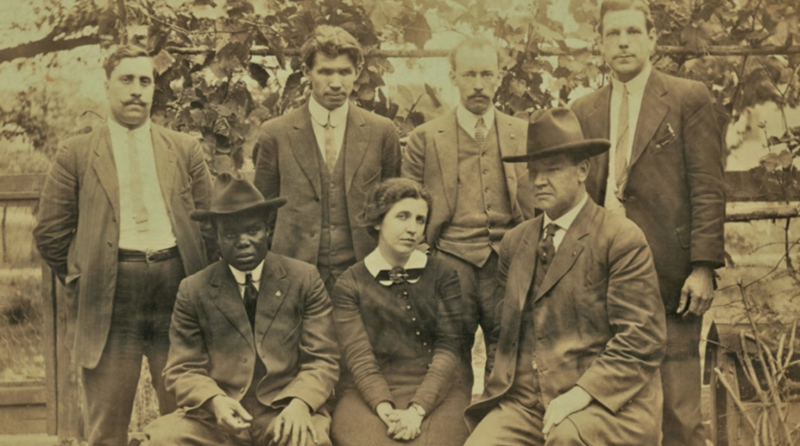The New Negro Movement was another name for the Harlem Renaissance
Another interesting fact is that the New Negro Movement was another name for the Harlem Renaissance. Hubert Harrison (1883-1927) was a pivotal figure in early twentieth-century America. A great writer, orator, educator, critic, and political activist, he was regarded as "probably the foremost Aframerican mind of his day" by historian Joel A. Rogers in "World's Great Men of Color." A. Philip Randolph, a labor and civil rights leader, referred to Harrison as "the father of Harlem Radicalism."
He created the Liberty League and The Voice in 1917, the first organization and publication of the "New Negro Movement". Harrison's organization and journal were both political in nature, but they also stressed the arts (his newspaper had "Poetry for the People" and book review sections). Harrison disputed the notion of the Renaissance in the Pittsburgh Courier in 1927. He contended that the concept of the "Negro Literary Renaissance" ignored "the stream of literary and aesthetic output that had flowed uninterruptedly from Negro writers from 1850 to the present," and that the so-called "renaissance" was mostly a white invention. Alternatively, Fenton Johnson, a Chicago-based novelist who began writing in the early 1900s, is seen as a "forerunner" of the Renaissance, one of the earliest black revolutionary poets.
Nonetheless, the Harlem Renaissance gave African-American writers a sense of acceptance; as Langston Hughes phrased it, Harlem gave us the courage "to express our own dark-skinned selves without fear or shame." The New Negro, an anthology edited by Alain Locke, was seen as the cultural revolution's cornerstone. The anthology included works by various African-American writers and poets, including Zora Neale Hurston and communists Langston Hughes and Claude McKay, as well as lesser-known poet Anne Spencer. Many Harlem Renaissance poets were inspired to include elements of African-American culture in their work, and as a result, jazz poetry flourished during this period. Langston Hughes wrote the famous jazz poem "The Weary Blues." Black authors were able to offer a voice to the African-American identity through their works of literature, as well as strive for a community of support and acceptance.










